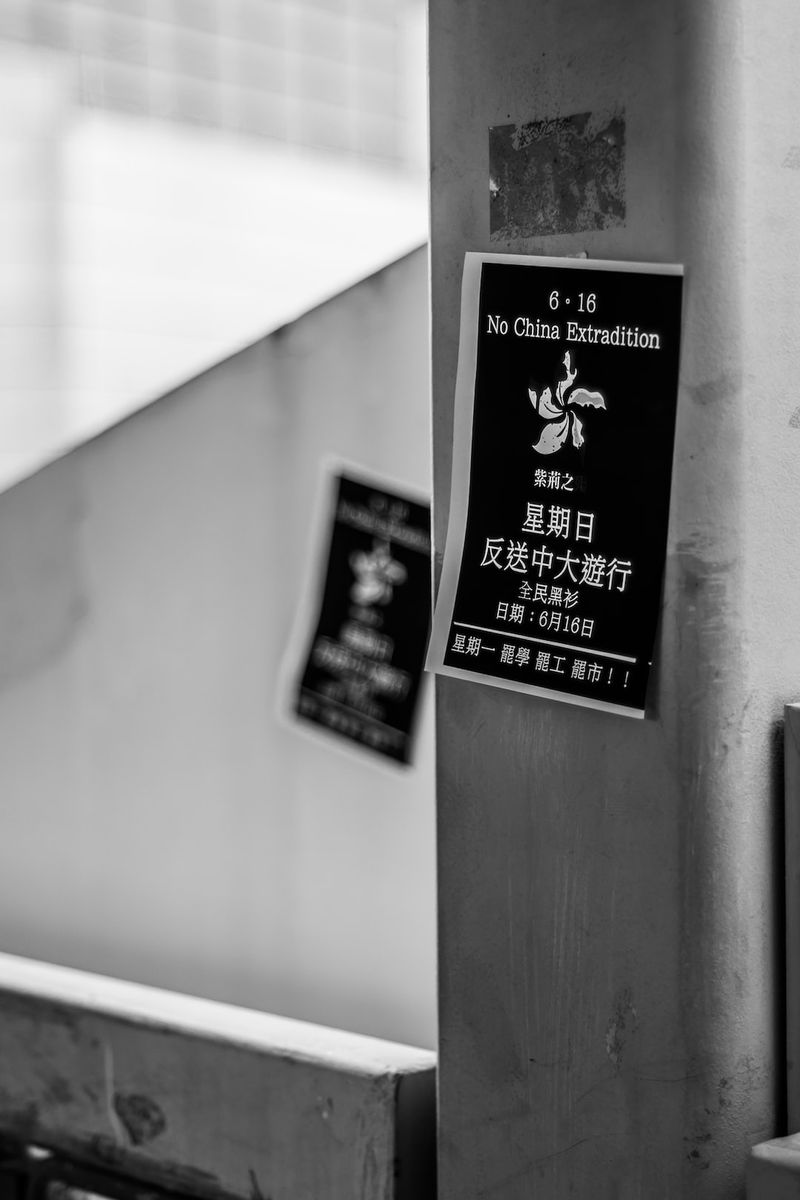Google Doodle Celebrates Sudanese Composer Asma Hamza’s Legacy
On Monday, Google honored the influential Sudanese composer and oud player, Asma Hamza, with a special Google Doodle. This tribute marks the day she became one of the winners of the Laylat Al Qadr Al Kubra music competition in Sudan back in 1997. Hamza, who passed away in 2018 at the age of 82, made a significant impact on the music industry, particularly in the Arab world.
A Pioneer in a Male-Dominated Field
In a statement, Google highlighted the pivotal moment in Asma Hamza’s career when she won the music competition, stating that it served as a turning point for her. This achievement helped her gain recognition in a field that was dominated by male musicians at the time.
A Journey Shaped by Whistling and an Oud
Asma Hamza’s musical talent was nurtured from a young age. Born in 1932, she had a deep love for music and aspired to become a singer. However, her vocal cords were not suitable for singing safely, leading her to switch from singing tunes to whistling them. When her father heard her whistle in harmony, he realized her potential and borrowed an oud, an instrument similar to a lute, albeit with a thinner neck and no frets, so she could practice.
Through self-teaching, Asma learned how to play songs she had heard on the oud, relying on her own memory and natural ear for music. Her father played a crucial role in encouraging her musical career, even in a society where it was socially unacceptable for women to create music. Asma Hamza recalls composing her first piece in secret, fully aware of the societal constraints she faced.
Pioneering Female Composer in Sudan
As Asma Hamza grew older, she composed melodies for several talented Arab artists, establishing herself as one of the first female composers in Sudan. She continuously refined her oud playing skills and became one of the first formally trained woman oud players in 1946.
Celebrating Cultural Icons
Google’s tribute to Asma Hamza is part of their ongoing effort to honor cultural icons from different parts of the world. In recent months, Google has recognized Saudi novelist Abdul Rahman Munif and Egyptian actress Karima Mokhtar through their doodles.
Abdul Rahman Munif, a renowned journalist and cultural critic, is considered one of the most significant modern Saudi authors of the 20th century. Google dedicated a doodle to him on May 29, which would have been his 90th birthday.
In April, the search engine giant paid tribute to English actor Alan Rickman on the 36th anniversary of his performance in “Les Liaisons Dangereuses” on Broadway. Known for his talent and versatility, Rickman’s career spanned various genres and mediums.
Editorial: The Impact of Asma Hamza’s Legacy
Asma Hamza’s achievements leave a lasting legacy in the Arab music scene. Her ability to overcome societal barriers and succeed in a male-dominated field is inspiring. By pushing boundaries and expressing her talent through the oud, she paved the way for future generations of female musicians.
Throughout history, women have faced numerous obstacles in pursuing their artistic passions. Asma Hamza’s story reminds us of the importance of breaking down gender barriers and embracing diversity in the arts. Her talent and determination serve as an inspiration to current and future generations.
In a region where traditional gender roles often restrict women’s opportunities, it is crucial to recognize and celebrate women like Asma Hamza who challenge societal norms to follow their creative ambitions. By doing so, we encourage a more inclusive and vibrant cultural landscape.
Advice: Nurturing Creativity and Overcoming Barriers
Asma Hamza’s journey teaches us essential lessons about nurturing creativity and overcoming barriers. Her story encourages us to:
1. Embrace Alternative Means of Expression
When faced with obstacles, it is essential to explore different avenues and find alternative means of expressing our creativity. Asma Hamza’s transition from singing to whistling and eventually playing the oud showcases the power of adaptability and resourcefulness.
2. Challenge Societal Norms
Challenging societal norms requires courage and determination. Asma Hamza’s willingness to compose music in secret and pursue her passion despite social restrictions is an inspiration. By pushing against norms, we can create a more inclusive environment for future artists.
3. Support and Encourage Creative Talents
Asma Hamza’s father played a pivotal role in supporting her passion for music. Recognizing and nurturing creative talents, regardless of gender, is crucial in fostering a vibrant artistic community. We must encourage and provide opportunities for individuals to express their creativity.
As we commemorate Asma Hamza’s achievements and legacy, let us be inspired by her story, embrace diversity in our creative pursuits, and continue breaking down barriers for artists everywhere.

<< photo by Simon Noh >>
The image is for illustrative purposes only and does not depict the actual situation.
You might want to read !
- “From Scandal to Sensation: Reliving the Controversial Success of Je T’Aime… Moi Non Plus”
- Tragedy Strikes: Ronan Keating’s Brother Killed in Car Accident While Heading to Support His Son’s Sporting Event
- Fashion Evolution: Jane Birkin’s Everlasting Style Influence throughout the Decades
- Ronan Keating’s Brother Tragically Killed in Mayo Car Accident
- Farewell to an Icon: Jane Birkin, Muse of the Legendary Birkin Bag, Passes Away at 76




